Clarence Matthew Baker was a Black comic book artist who died in 1959. He attended the Cooper Union School of Engineering, Art, and Design in New York. In 1944, he got a job as a background artist with the S.M. Iger Studio. His first published work was in Jumbo Comics #69.
Baker is best remembered for the costumed crime-fighter Phantom Lady and as the medium’s first known Black artist; he was active as early as the 1930s-40s Golden Age of comic books. Baker penciled what is arguably the first graphic novel, St. John Publications’ digest-sized “picture novel” It Rhymes with Lust (1950). His speciality was drawing “good girl art”, a comics sub-genre for which his available work is in high demand with collectors. Baker’s career was launched at the Iger Studio, one of many 1940s “packagers” who provided outsourced comics on demand for eager publishers entering the new medium. Through Iger, Baker produced work for various publishers including St. John, Fiction House, Fox, and Quality Comics.
The Phantom Lady (created by Arthur Peddy in 1941) was a Quality Comics feature supplied by the Iger Studio. After Quality dropped her feature in Police Comics, Iger supplied her to Fox Comics, which had also requested a sexy costumed adventuress. Matt Baker redesigned the character into her best-known incarnation, and she debuted in Fox’s Phantom Lady #13 (Aug. 1947), the premiere issue after taking over the numbering of the canceled comic Wotalife. Baker’s Phantom Lady also appeared as a backup feature in All Top Comics #9-16.
His other notable work includes military-humor title Canteen Kate, Tales of The Mysterious Traveler; the feature “Sky Girl” in Fiction House’s Jumbo Comics, the jungle adventures of “Tiger Girl”; “Flamingo”, “South Sea Girl”, “Glory Forbes”, “Kayo Kirby”; and “Risks Unlimited”. He also produced Flamingo as a syndicated comic strip from 1952 through 1954.
He really hit his stride drawing romance titles prolifically for St. John Publications in the 1950’s. Love Romances, My Own Romance, and Teen-Age Romance; and Wartime Romances. His untimely passing in 1959 cut short what might have been a very lucrative period for Baker as the silver age of comics was really getting underway.

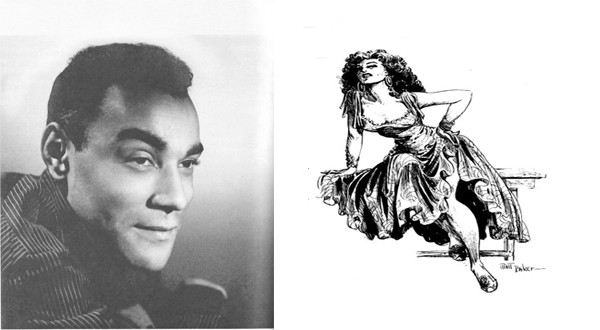
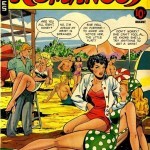
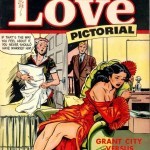
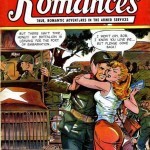
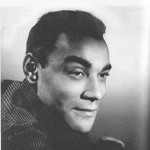
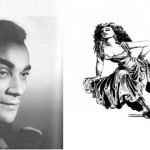
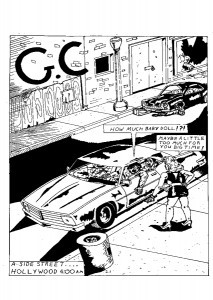
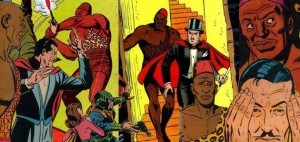
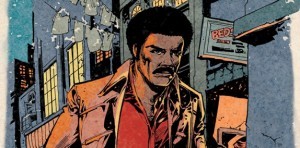

3 Comments
I am so happy to see that in the history of Comic Books in America, an African American is one of the front runners. Thank you for shedding light on Mr. Baker and his remarkable talent. I have been nagged constantly by this itch to do something along the lines of a comic book or perhaps a graphic novel. This has been brewing in my soul for years. I think my skills arent quite up to par, but seeing this and knowing more about Matt Baker (and others) I have rekindled my desires and will work on polishing my skills! Thanks!
Why is there so much Funk
Thank you so much for your article on Clerence Matthew Baker. I spent the first years of my life in South America before emigrating to the U.S. at the age of 13, I mention this because the first comic books I saw were from Argentina and Mexico and I fell in love ever since with comic books and sequential Art, To my delight I then discovered that there were other amazingly beautiful comic books in the U.S. I Thank God for Master artists like Milton Caniff, Will Isner, Jack Kirby, John Romita, Joe Kubert, EC comics and all its amazing artists and so many others. Now I can add Clarence Mathew Baker, What a truly amazing artist , how he drew such beautiful women in his comics. Every panel seems like its own work of art. I am so glad to find out about him, From now on I will try to find and also collect any comic book that he worked on.